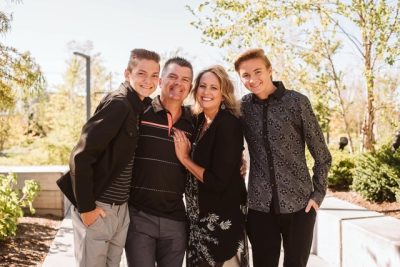
Heather’s Story: Overcoming Stage 4 Colon Cancer with Strength and Faith
Heather Frazier, a Stage 4 colon cancer survivor, shares her journey of resilience, faith, and healing through treatment and surgery.
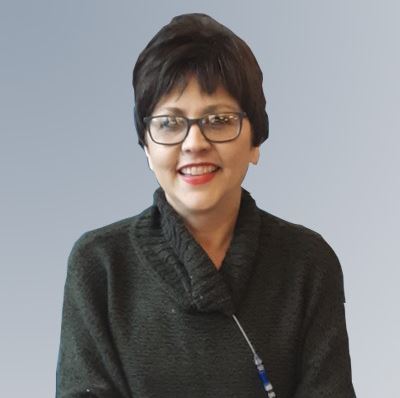
Darci’s Story: Facing Breast Cancer with Strength and Gratitude
Darci Lewis overcame breast cancer and health challenges with courage, supported by loved ones and compassionate care teams.
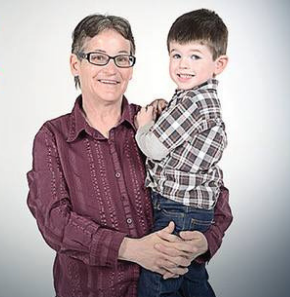
Deena’s Story: From a Lucky Ticket to Lifesaving Care
Deena’s breast cancer journey began with a lucky lottery ticket and led to compassionate care, giving her hope and a new lease on life.
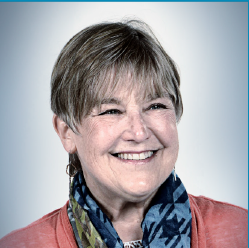
Suzanne’s Story: Finding Strength and Healing Through Positivity and Holistic Support
Suzanne Lenhart overcame Stage 2b Hodgkin’s Lymphoma with a positive mindset, holistic support, and expert care at FWMOH.
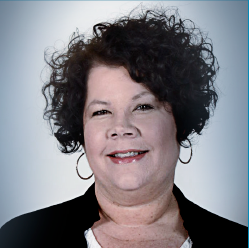
Heidi’s Story: Overcoming Inflammatory Breast Cancer with Expert Care and Compassion
Heidi Wise beat inflammatory breast cancer with expert care, compassionate support, and a positive outlook at FWMOH.
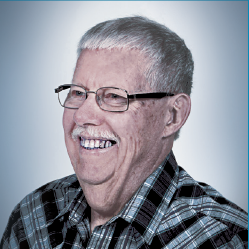
Leon’s Story: Staying Positive Through Advanced Cancer Care and Family Support
Leon Horn survived acute myeloid leukemia with support from family, innovative care, and a clinical trial through FWMOH.
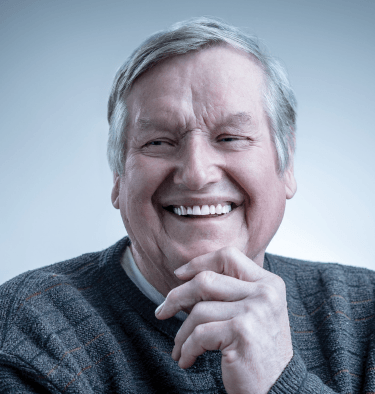
Ronald’s Story: Beating the Odds with Compassionate Care
Ronald overcame a rare cancer with expert care from FWMOH, defying the odds and earning the nickname “Miracle Man.”
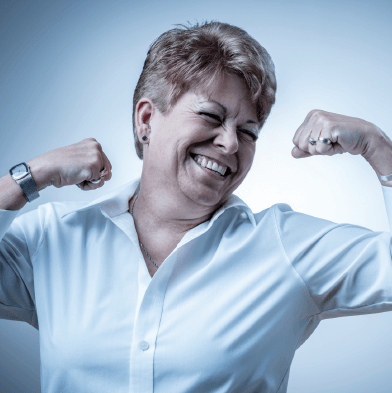
Lisa’s Story: Finding Exceptional Care and Lifelong Support
Lisa’s breast cancer journey led her to compassionate care focused on her quality of life. Now cancer-free, she continues to trust FWMOH.
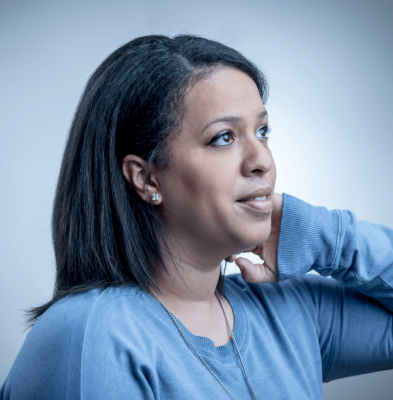
Karen’s Story: Fighting Breast Cancer with Strength for Her Children
Karen Schroeder faced Stage III breast cancer while raising young children. Fort Wayne Medical Oncology supported her through treatment.
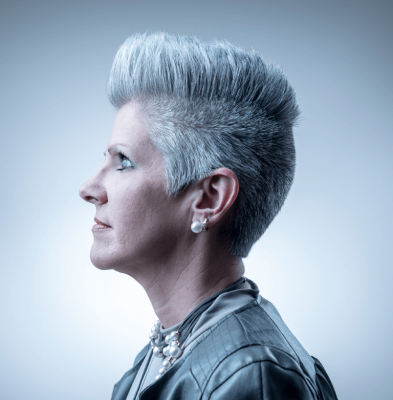
Kristen’s Story: Staying Positive Through a Difficult Diagnosis
Kristen Randol faced Stage III colorectal cancer but stayed strong with care from Fort Wayne Medical Oncology.
